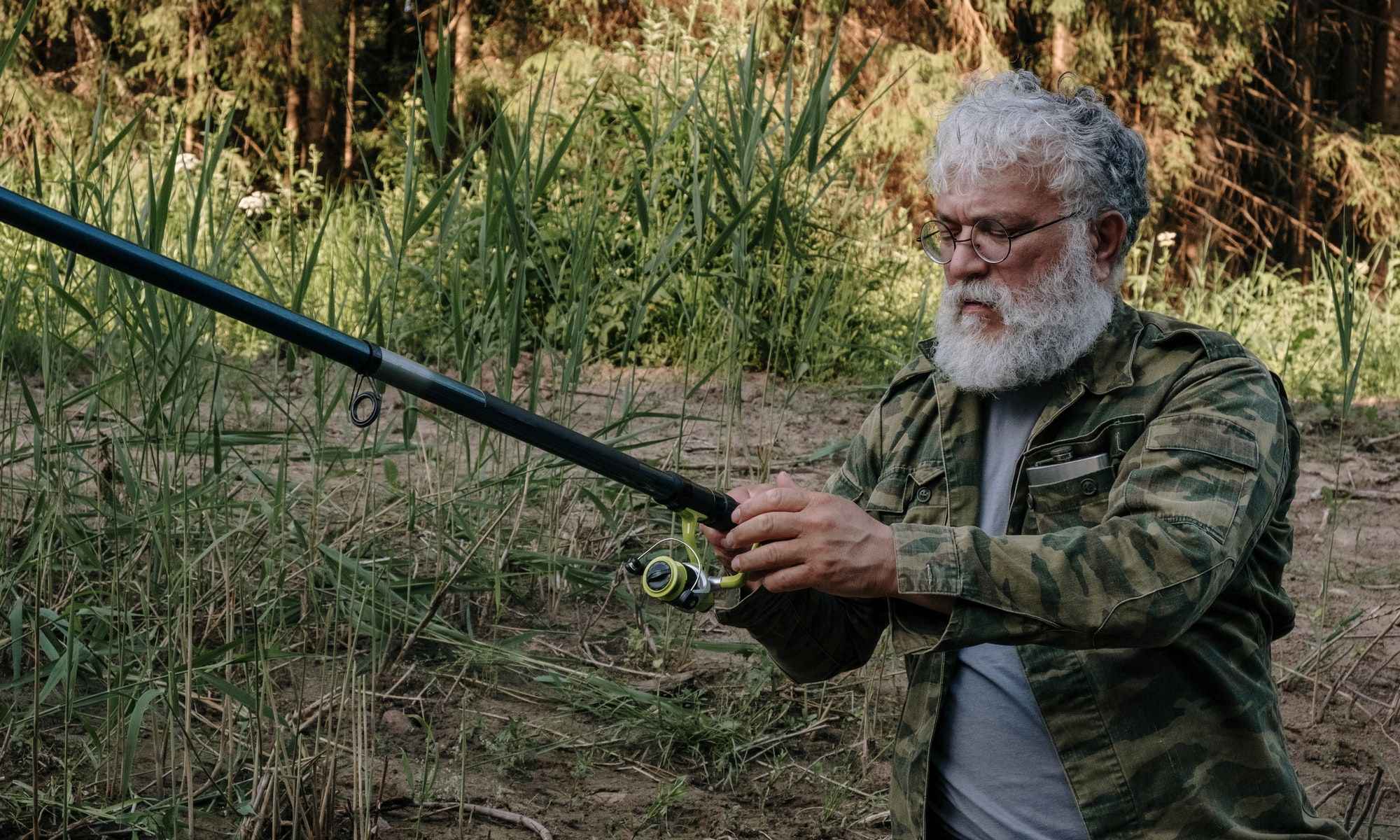Techniques for Musky Fishing
If you're looking to hook some muskies, here are some helpful tips and techniques you need to know.

Anglers looking to catch muskies might find it difficult, even troublesome. It’s one of the most revered and sought-after freshwater gamefish in North America. The fish are known as fish of 10,000 casts due to their elusiveness and tendency to just eat whatever they want as they are often the apex predator in whatever body of water they are in. Muskies have razor sheep teeth, great eyesight, and possess bodies fit for speedy swimming, perfect for hunting and catching their targeted prey. Discipline, dedication, patience, and a lot of time spent on the water is required for successful musky fishing. As most fish swimming around where the muskies are can be considered as potential food, discussed below will be how to get your bait as their next meal.
Things to Consider When Fishing for Muskies
Musky Equipment
Here are some basic things you’ll need to catch the ferocious and evasive fish:
- Rod and Reel - A medium-heavy rod 7.5 to 8 feet in length is a good choice for anglers starting to get into musky fishing. As for the reel, a baitcasting reel with a braided line that has the strength of 30 pounds is generally the preferred combination.
- Lures - Spinner baits, crank baits, and stick baits can all be used to fish for musky.
- Wire Leader - This should always be used when you want to snag musky and they must be able to withstand 80 to 100-pound tests.
- Net - It must be big enough to handle the biggest fish you’ll catch. One made out of high-quality mesh is a great option and it also makes releasing the fish easier. There are also special fish cradles used by anglers who catch giant fish.
- Jaw Spreaders and Hook Removers - Because muskies have strong jaws and sharp teeth, jaw spreaders and hook removers or needle-nose pliers will make removing the fish from your hook easier and safer.

Where to Find Muskies
Muskies prefer water that is cooler in temperature. These are the top locations or habitats where you’re likely to find muskies:

- Shorelines - Areas near the shore or bank that are riddles with mixed weeds are popular feeding grounds for medium-sized muskies.
- Weed Beds - Territorial muskies are often found in thick and leafy weed beds especially if they are near a point, a partly sheltered bay or a small island.
- Drop-Offs - Especially around islands and reefs, quick drop-offs from weed beds often attract large muskies as it is closer to deep water.
- Channels - Channels between two pieces of land or bodies of water are great areas to troll for the fish as they move between feeding grounds.
Musky Food
Muskies eat a variety of fish, even those that are relatively large in size. They usually go for species such as yellow amperch, suckers, golden shiners, walleyes, even smallmouth bass and many more. If you find these fish in the area you’re fishing in, you’ll have a better chance of finding musky.
When choosing baits, there are thousands to choose from that can help you catch musky. As the fish have little to no fear and are naturally curious and meticulous, they have very abstract eating habits so it might be difficult to know where to start when it comes to baits. Some of the must-have baits for targeting musky are:
- Soft Plastics - This type of baits are great to use all-year round as they can also entice other species of fish. The typical retrieval action you do with the bait mimics that of dying baitfish that can attract muskies.
- Bucktails - These baits are popular amongst musky anglers as they generate vibrations in the water that are easily sensed by the fish.
- Glide Baits - These are effective to use year-round as well though they are hard to use properly.
- Topwaters - These are great for strikes and are great to use when the water is warmer.
- Figure 8 - The movement of this bait can intrigue muskies as they like to follow their food before going in to eat them.
- Other Baits - Crankbaits, swimbaits, and jigs made for musky fishing are also widely available and offer a variety of sizes, shapes, and actions that might suit what you need and want in fishing for musky.
Seasonal Musky Fishing
The best season for musky fishing is arguably during the fall as most go into a feeding frenzy before the winter comes. Late fall is when you can nab some fat muskies. Despite this, large muskies can be caught during the spring as well. Muskies prefer cooler water so if you’re looking to fish for them during the summer, don’t look for them in water that’s past 80 degrees Fahrenheit. It’s also a good idea to go fishing at cooler times of the day when it’s summer-like during the dusk. As lakes go through their turnover of water, you can find muskies swimming in shallow areas rather than deeper because the water would be cooler.
Musky Fishing Tips and Techniques
- Both casting and trolling are great ways to catch muskies though the latter may not be allowed in some waters.
- Casting is best done in certain areas and over types of cover while trolling can allow an angler to use a short line as the fish aren’t that bothered by boat noise.
- Observe where muskies follow your lure so you can anticipate where to fish again next time.
- Most muskies are caught in water that’s less than 30 feet deep, so it’s good to scout out shallow areas first.
- If you’re using a bucktail, burn it so that with the combined flash, vibration and action, it’ll be an effective attraction for muskies in any season.
- A large tube jig rigged on a heavy jig head is a fantastic lure when you’re fishing for musky in rock piles, drop-offs, and humps.
- When fishing in grassy areas, using flukes is a great way to entice muskies due to its wriggling action.
Musky fishing can be an exciting and rewarding endeavor that anglers can get behind if they’re willing to put in the research and effort. Hopefully, the information discussed will get you to successfully catch the fish of 10,000 casts.





